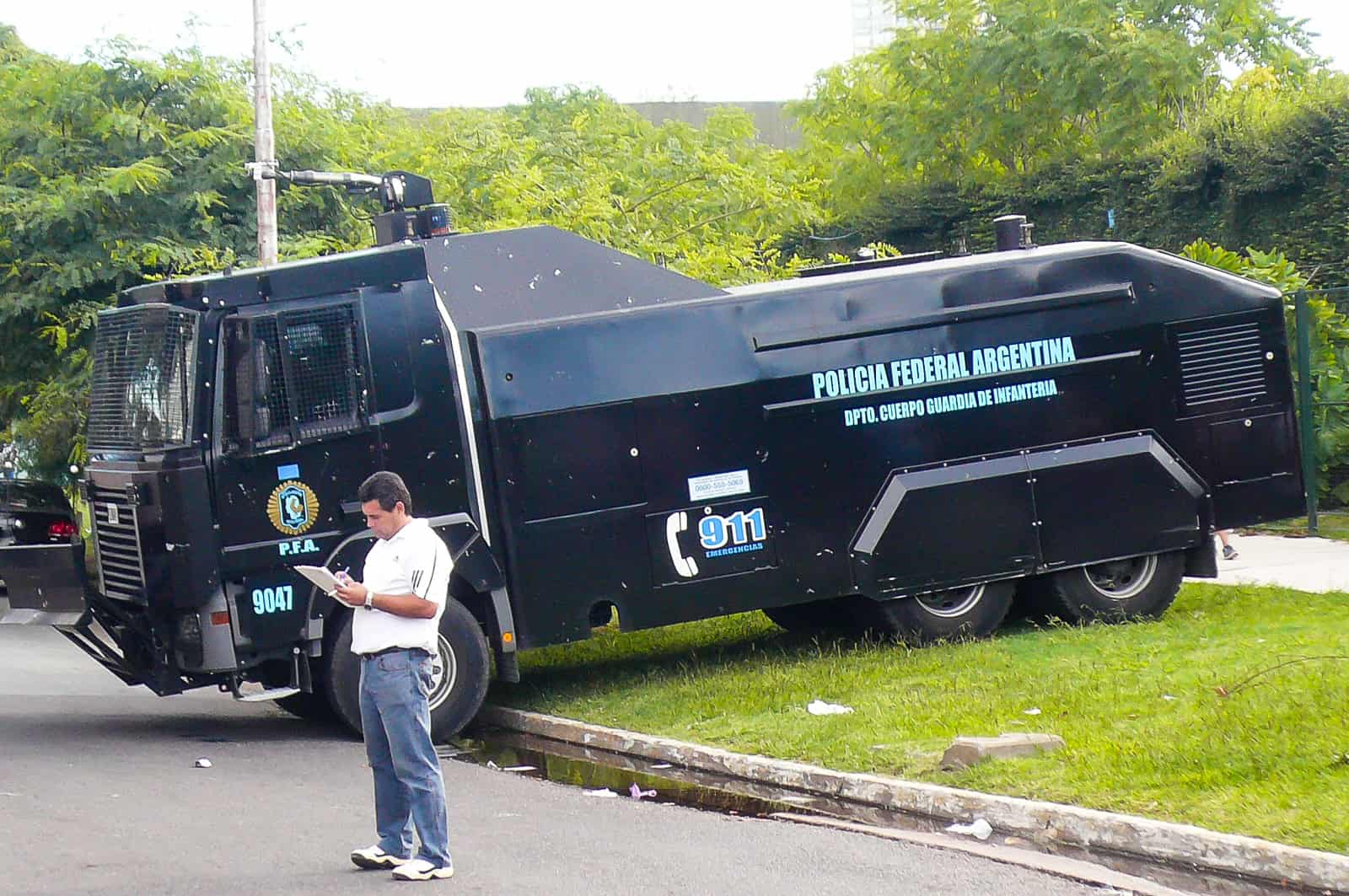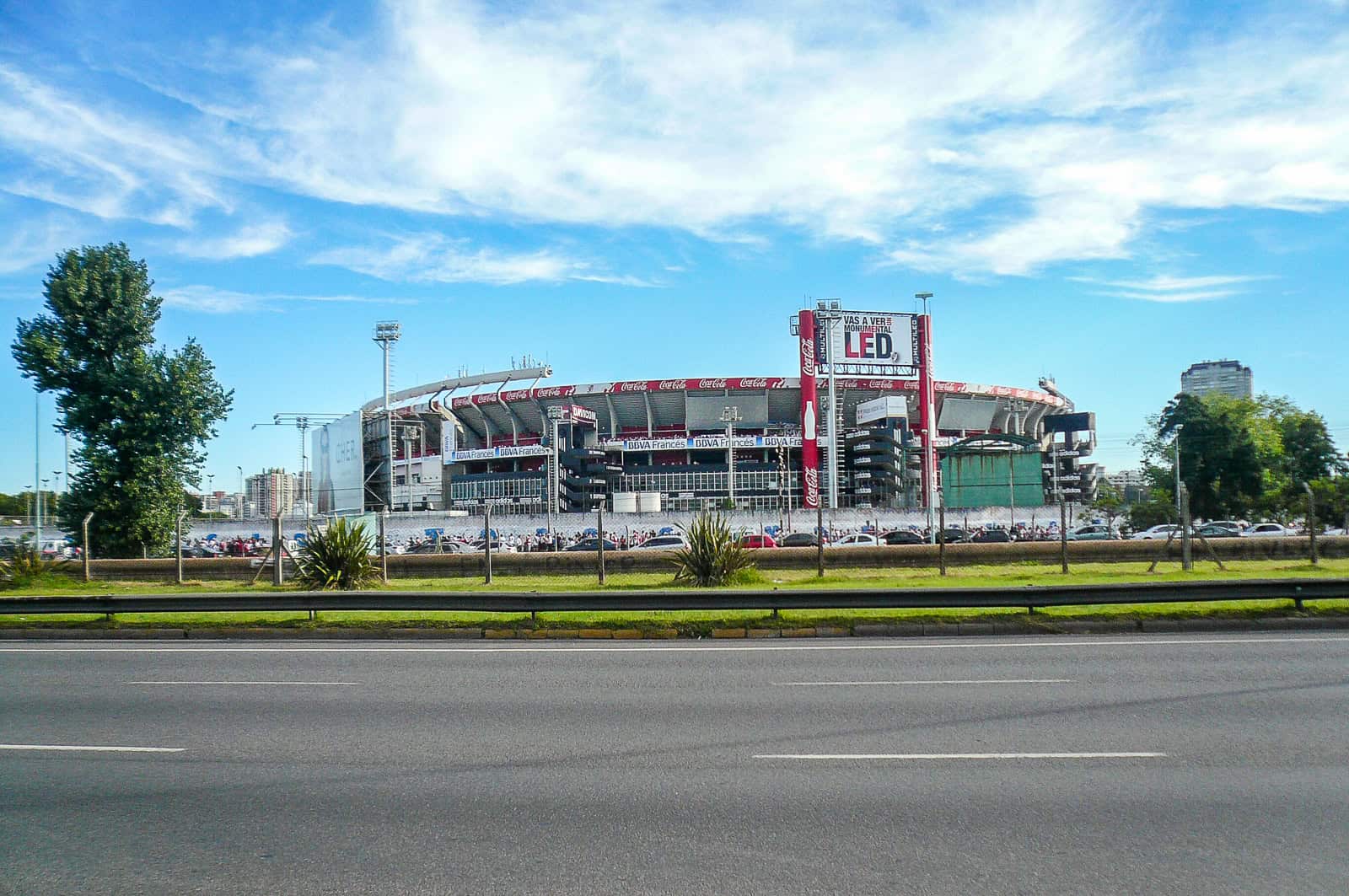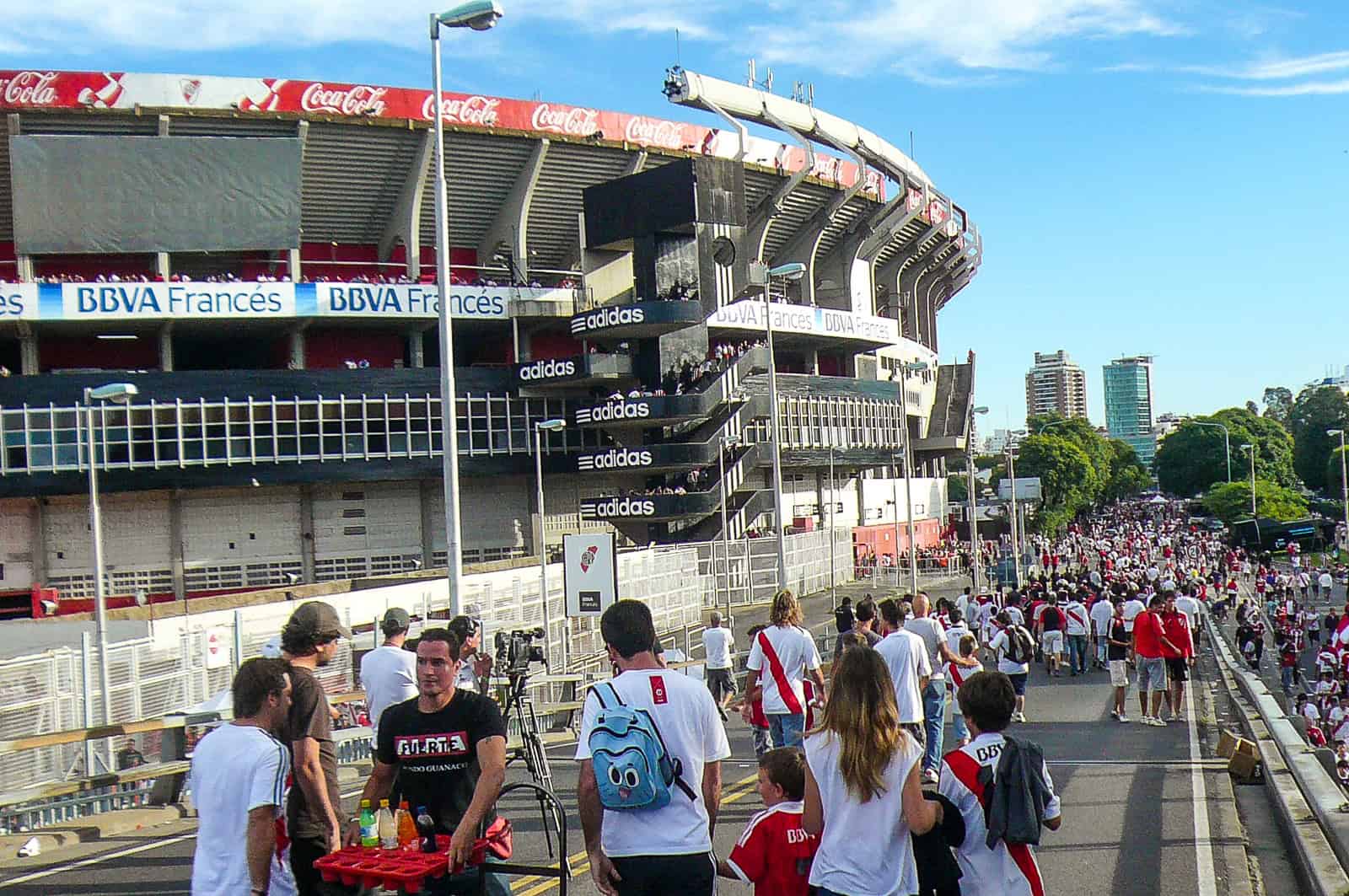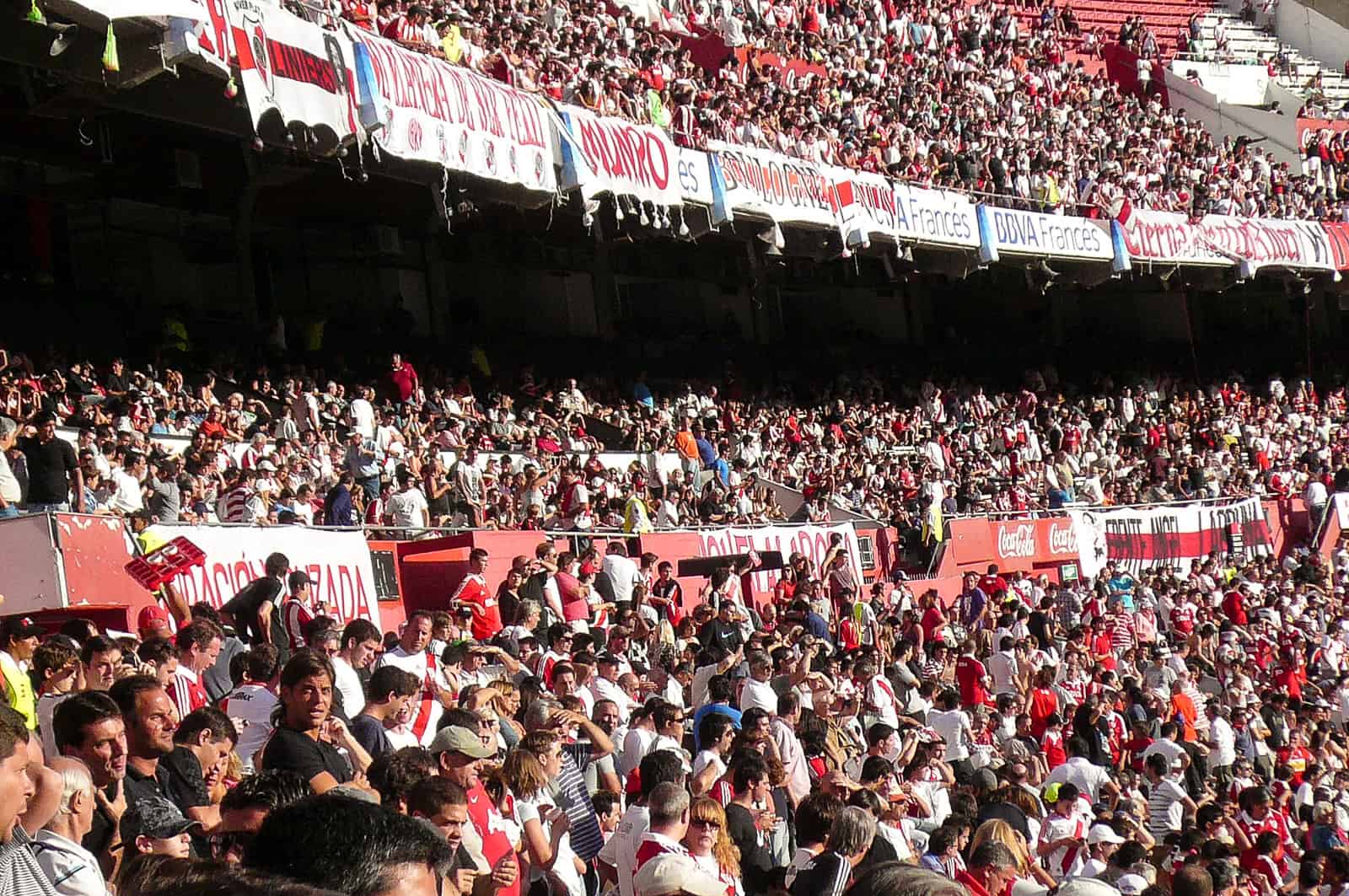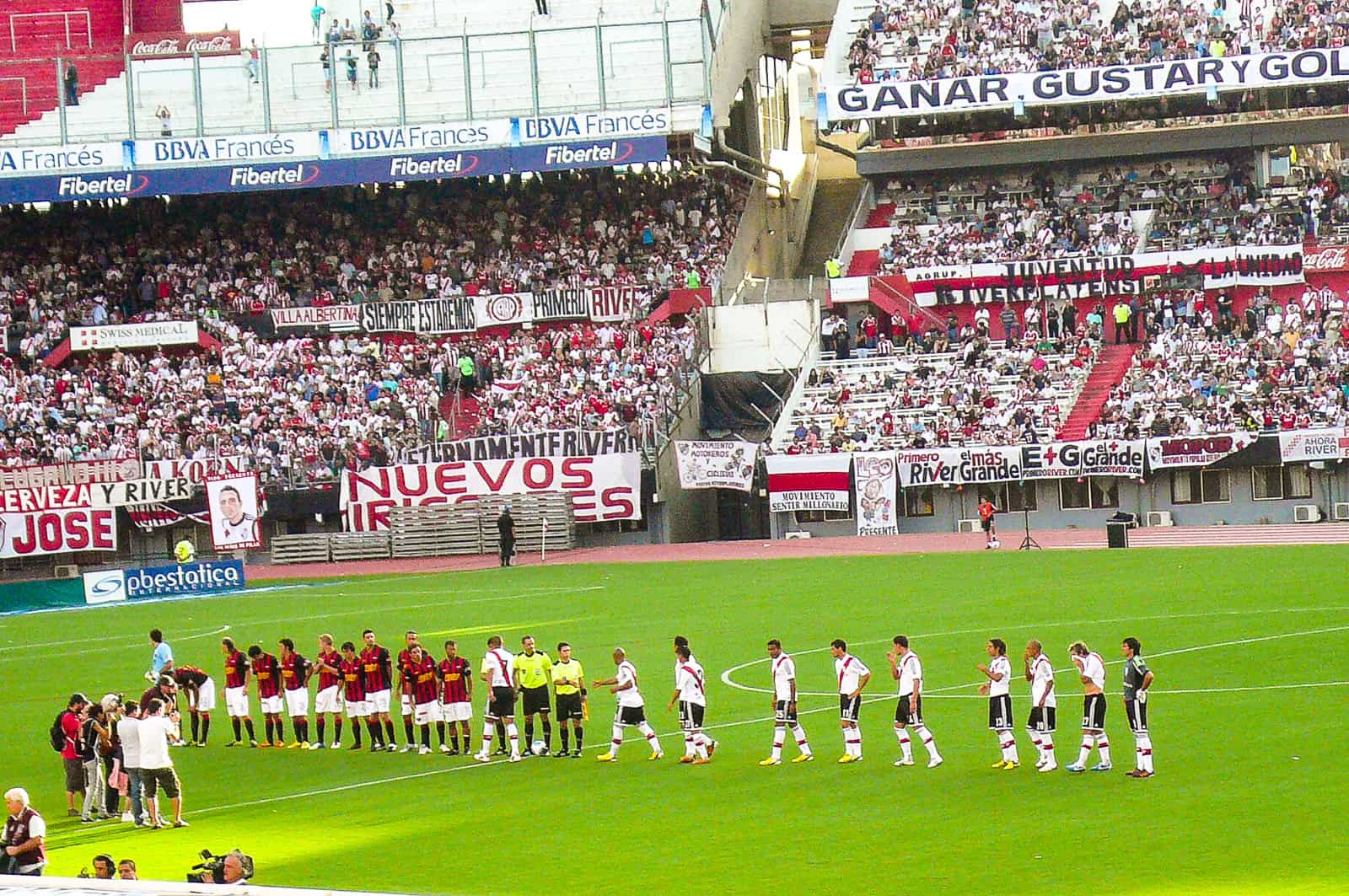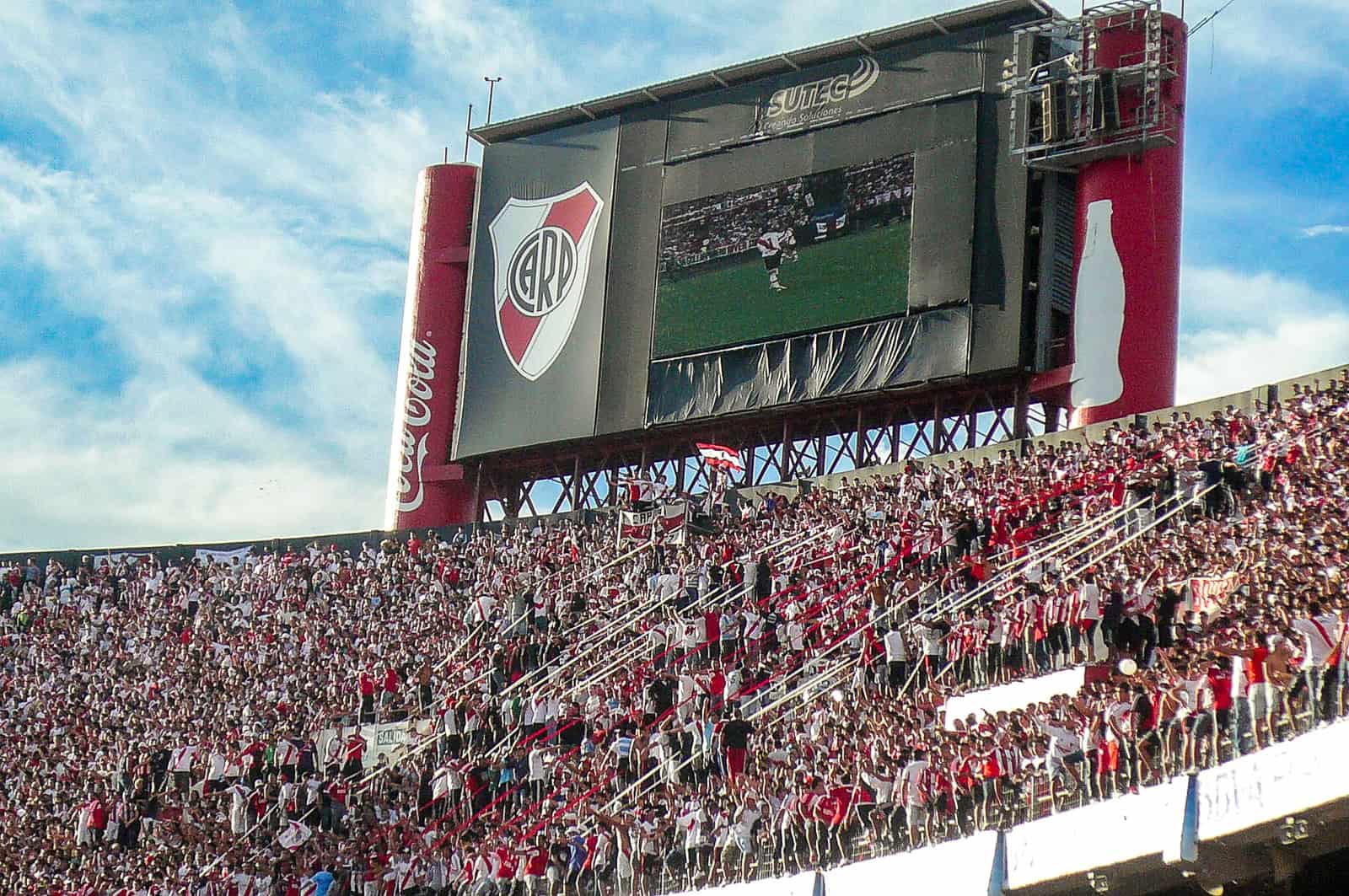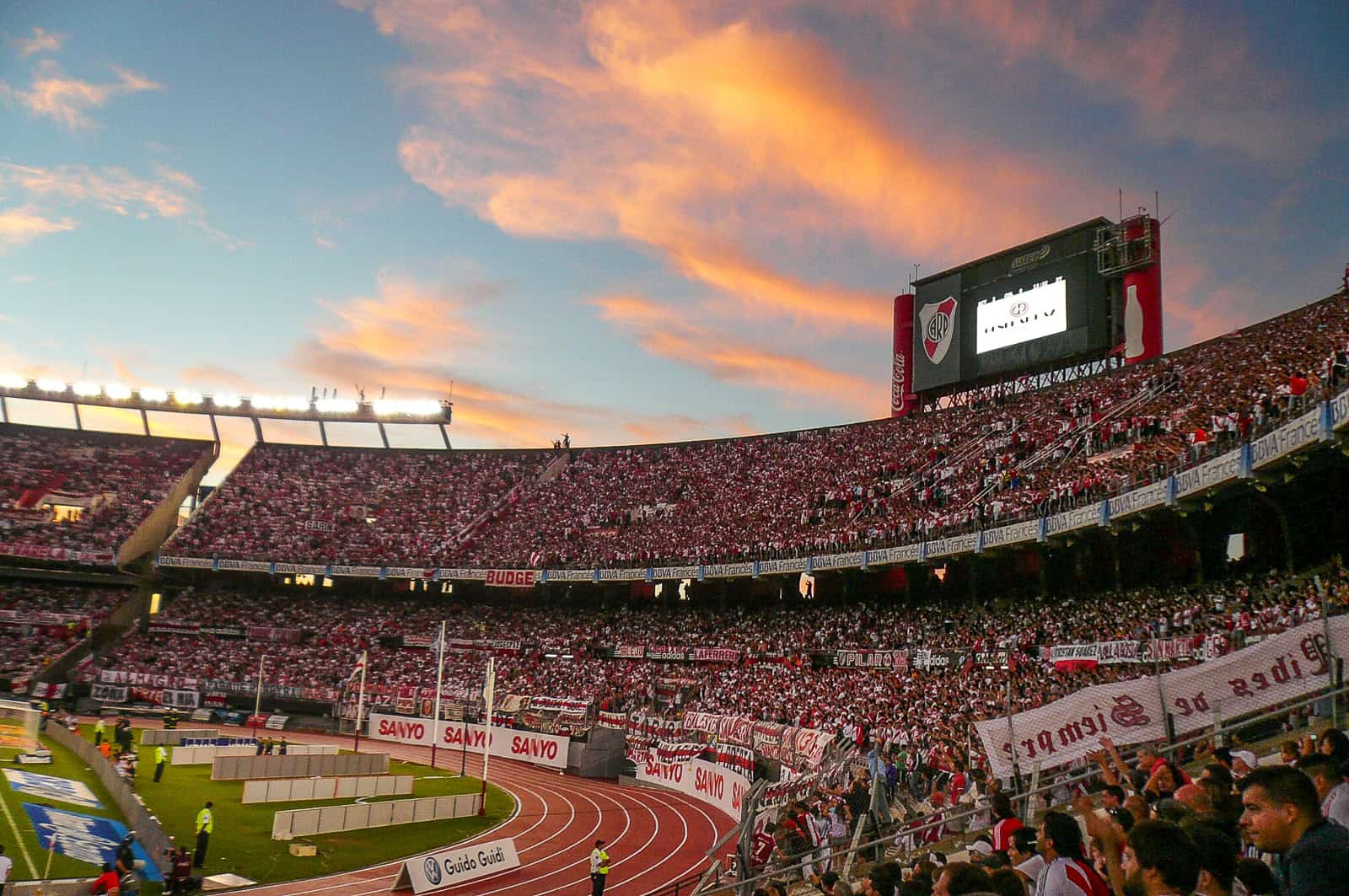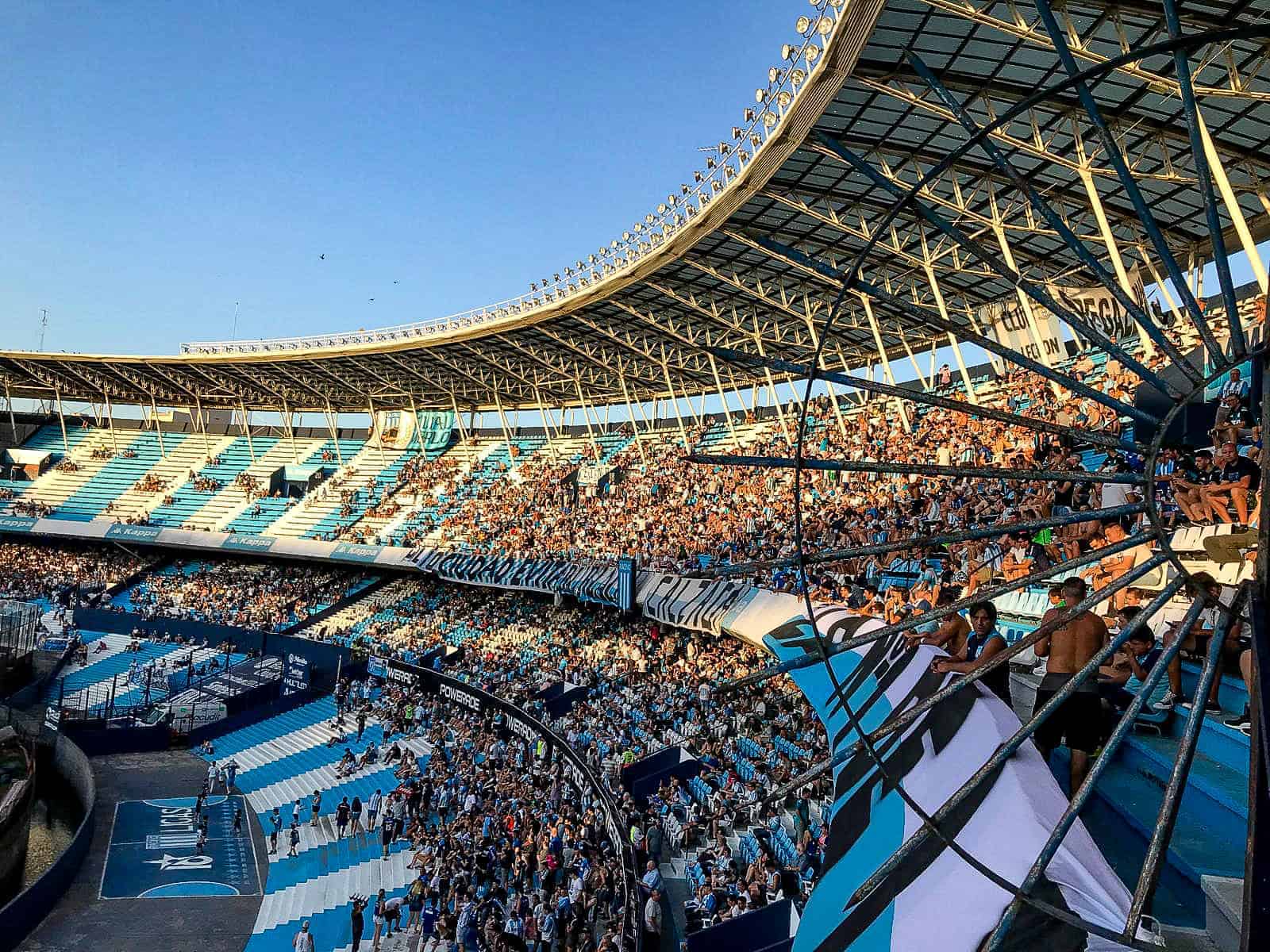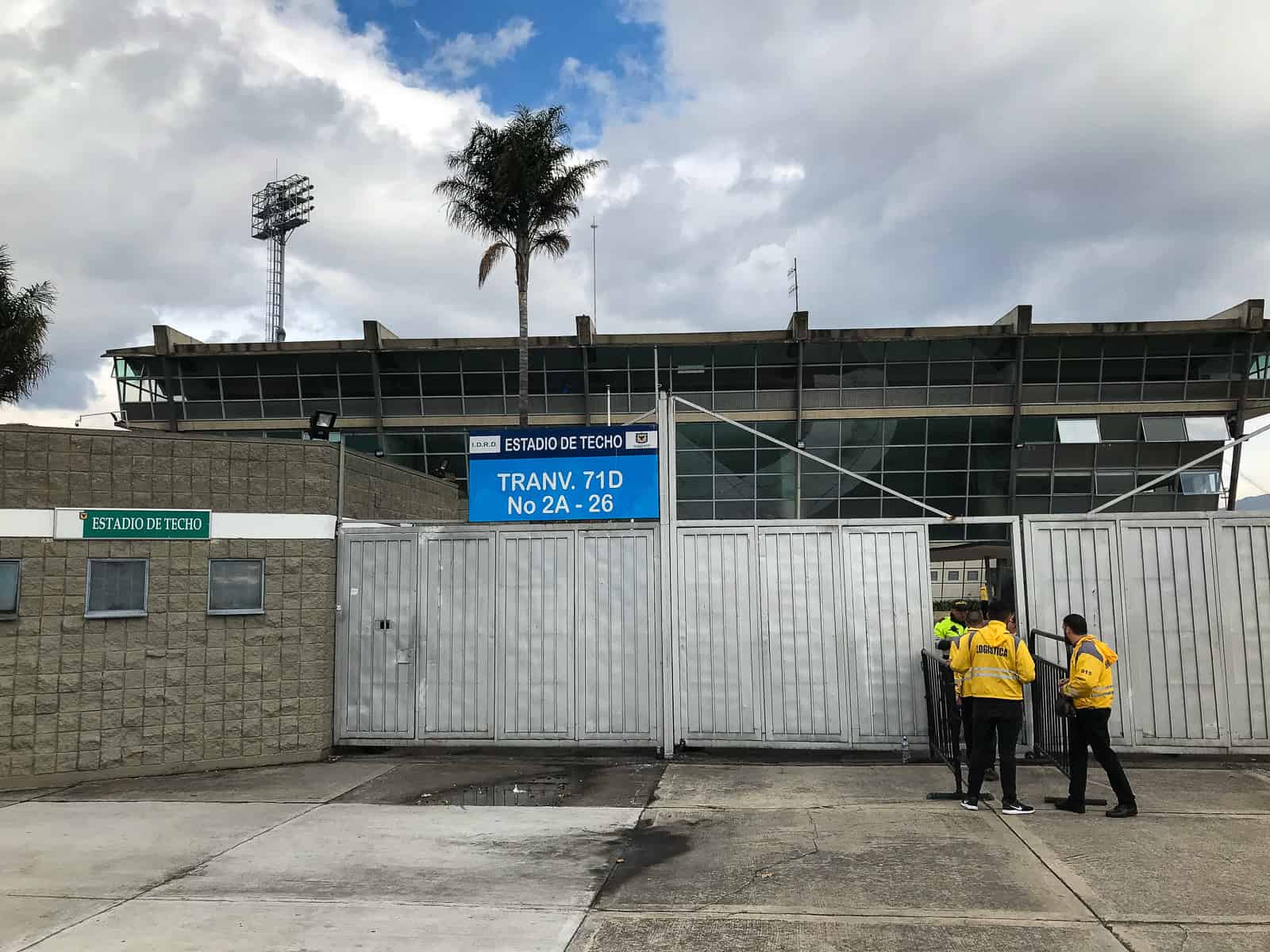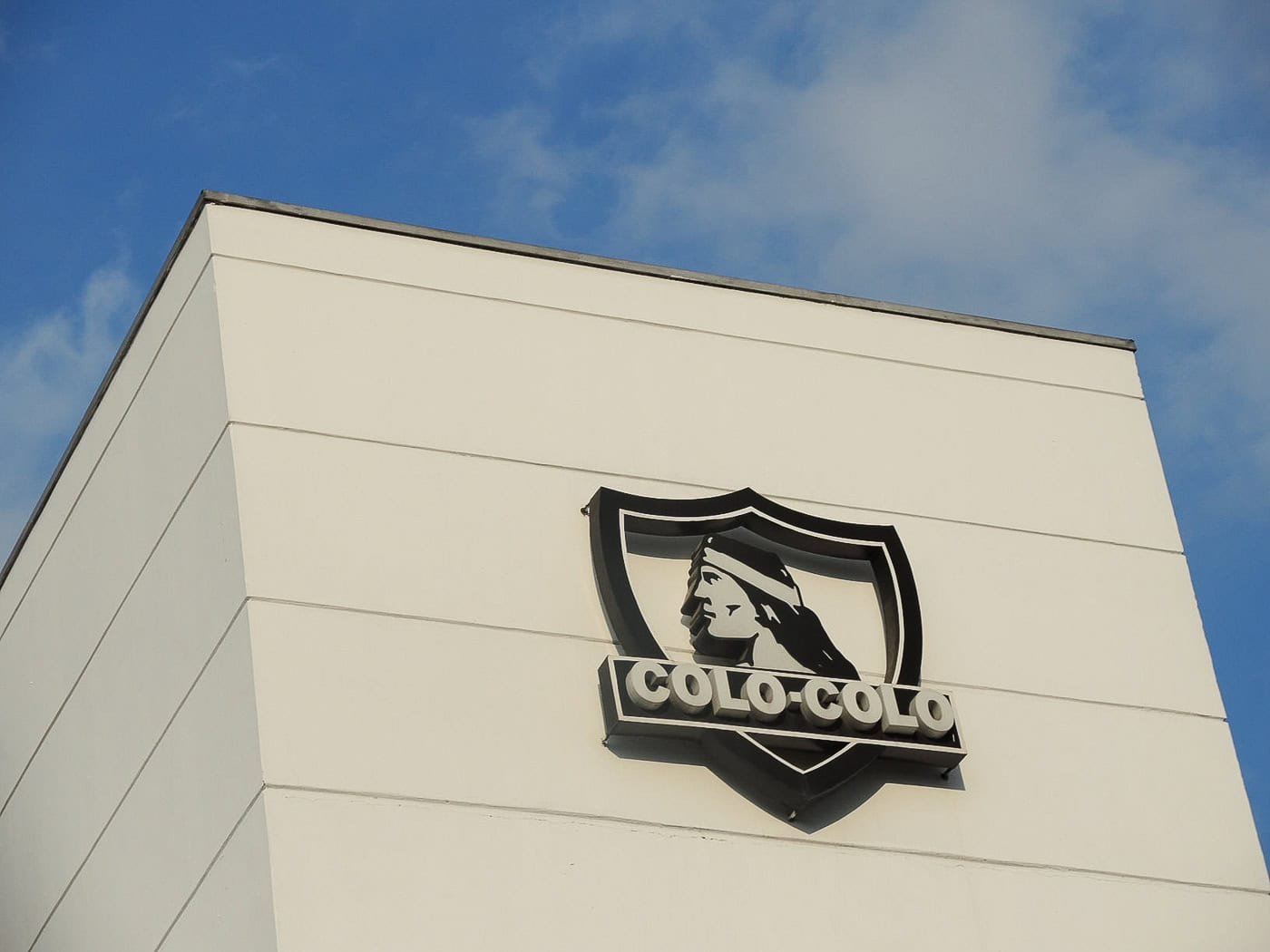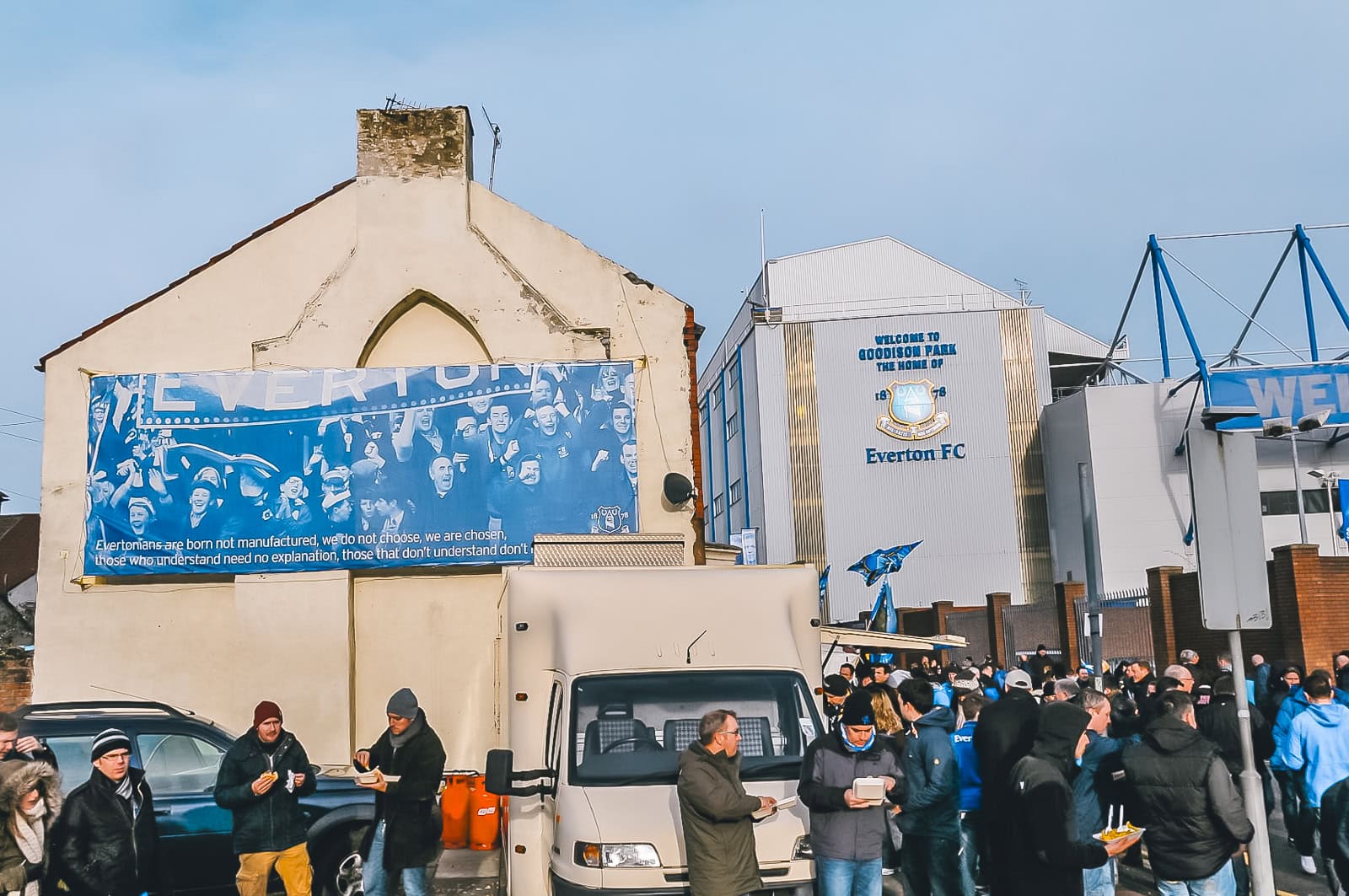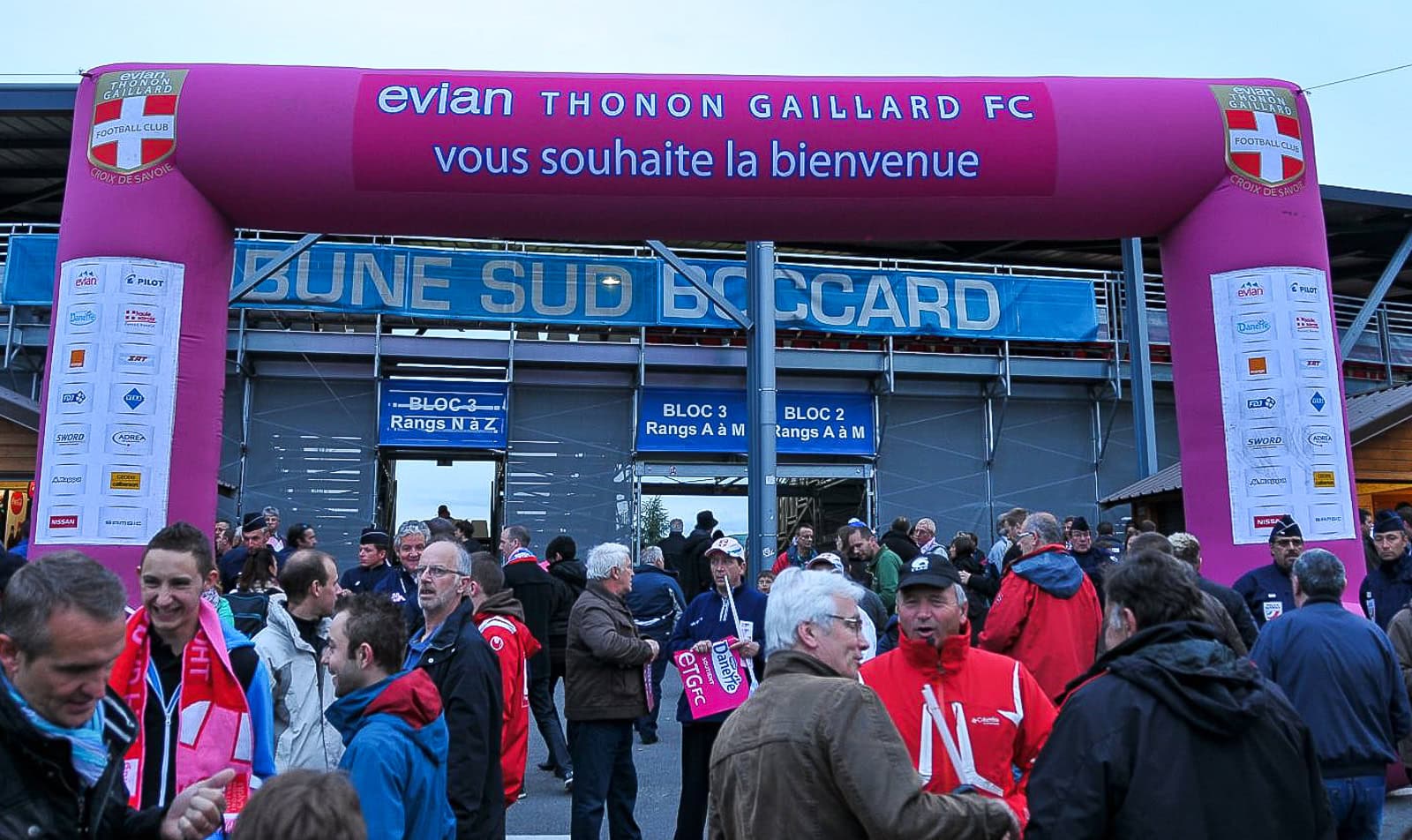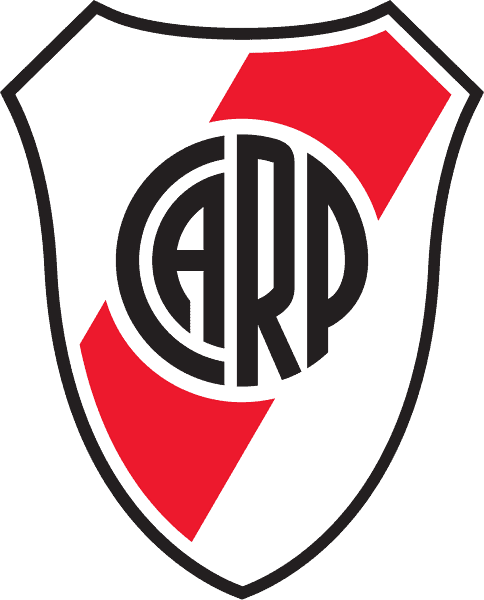
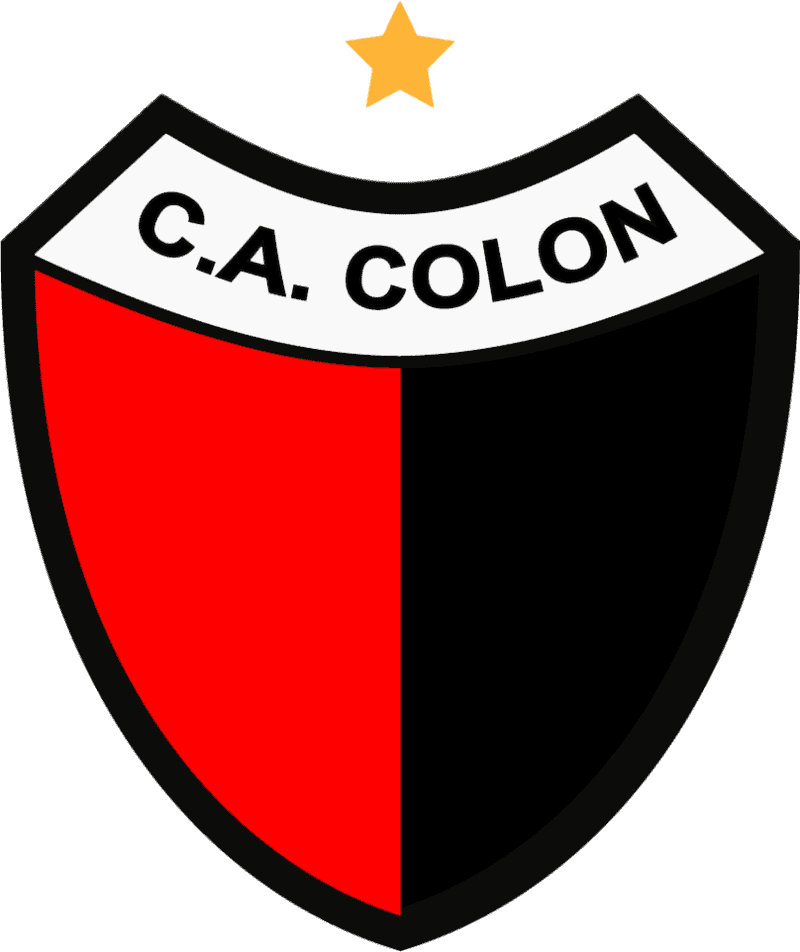
2 : 1
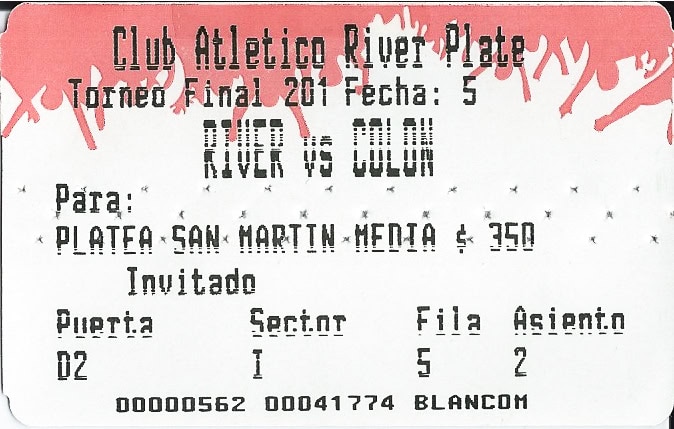
On the way to the football ground, I felt a bit uncertain: both Argentina and Uruguay changed the time on the previous night and I was not sure if I was going to see the entire match or only the second half. The former was true and I have to admit the event will stay in my memory for long. Despite a relatively low rank of the opponent team (the dollars against the nuts: very few European fans would recognise Colon Santa Fe), the atmosphere in the stadium is something unique and an attempt to describe it is challenging. A couple of thousands of people gathered react spontaneously to almost each pass and an unfavourable referee’s decision is considered his personal attack upon the fame and honour of River Plate and its fans. It was only at Estadio Monumental Antonio Vespucio Libert that I understood the meaning of a pretty euphemistic phrase: “In Latin America, football is religion”. Without going into the depth of a psychoanalytic detail, it looks as if for the entire event duration (several hours: the match itself plus logistics around it) there would be nothing more important on the earth. The fans songs repertoire is impressive and one may think the boys perform in regular choirs on a daily basis. By the way, reference to “boys” is inaccurate since the match was attended by lots of representatives of the gentle sex – not only as male fan’s companion – independent groups of fillies were no rarities at all.
The people’s hero is undoubtedly David Trezeguet, a 35-year old French national and World Champion 1998, who spent as many as ten seasons at Juventus. He is the River Plate captain and the team’s good spirit. He conquered the supporters’ hearts and souls right away since he decided to join the team when it was relegated, the first time in its history, to Prim B Nacional, the Second Division equivalent. Not only Trezeguet contributed to the return to Primera Division already one year later, he also became the team’s face and its specific point of reference. A word of mouth says, when his partner desired to go back to Europe, Trezeguet resisted her threat of divorce and decided to stay in Buenos Aires – becoming the Club’s live legend already now.
After the teams’ greeting the audience froze in one minute silence (most probably to pay tribute to the Venezuela’s president who had passed away just a few days before) followed by an immediate attack launched by River Plate. The match score was opened in 12th minute by (surprise, surprise) Trezeguet who took advantage of some fuss in the guests’ penalty area. The second goal (by Poncio) came 20 minutes later and it looked as if Colon was about to be smashed. The guests survived manfully until the end of the first half and came to the pitch after the break completely transformed: the goal scored a quarter before the final whistle was a result of huge determination, consistency and courage shown in the game. River Plate were not in a position to score again to calm down the situation, the coach therefore decided to protect the win: he took Trezeguet out and ordered his team’s focus on defence supported by occasional fast breaks. Colon were doing extremely well even in this set up either, and soon took the full control over the game. The audience was thrilled on several occasions since the equaliser was in the air and the guests missed just a stroke of luck despite 4 minutes extra time.
We had to remain in the stadium for 45 minutes thereafter, to allow for circa 4-5 thousand Colon fans’ departure from their sector in an undisrupted manner and return to Santa Fe. I caught a taxi a few hundred meters from the venue – the driver wearing a River Plate jersey seemed delighted (I might be wrong though, since I do not speak Spanish) to learn somebody from Europe came to Estadio Monumental to watch his favourite team in action. He did not offer any price discount though.
